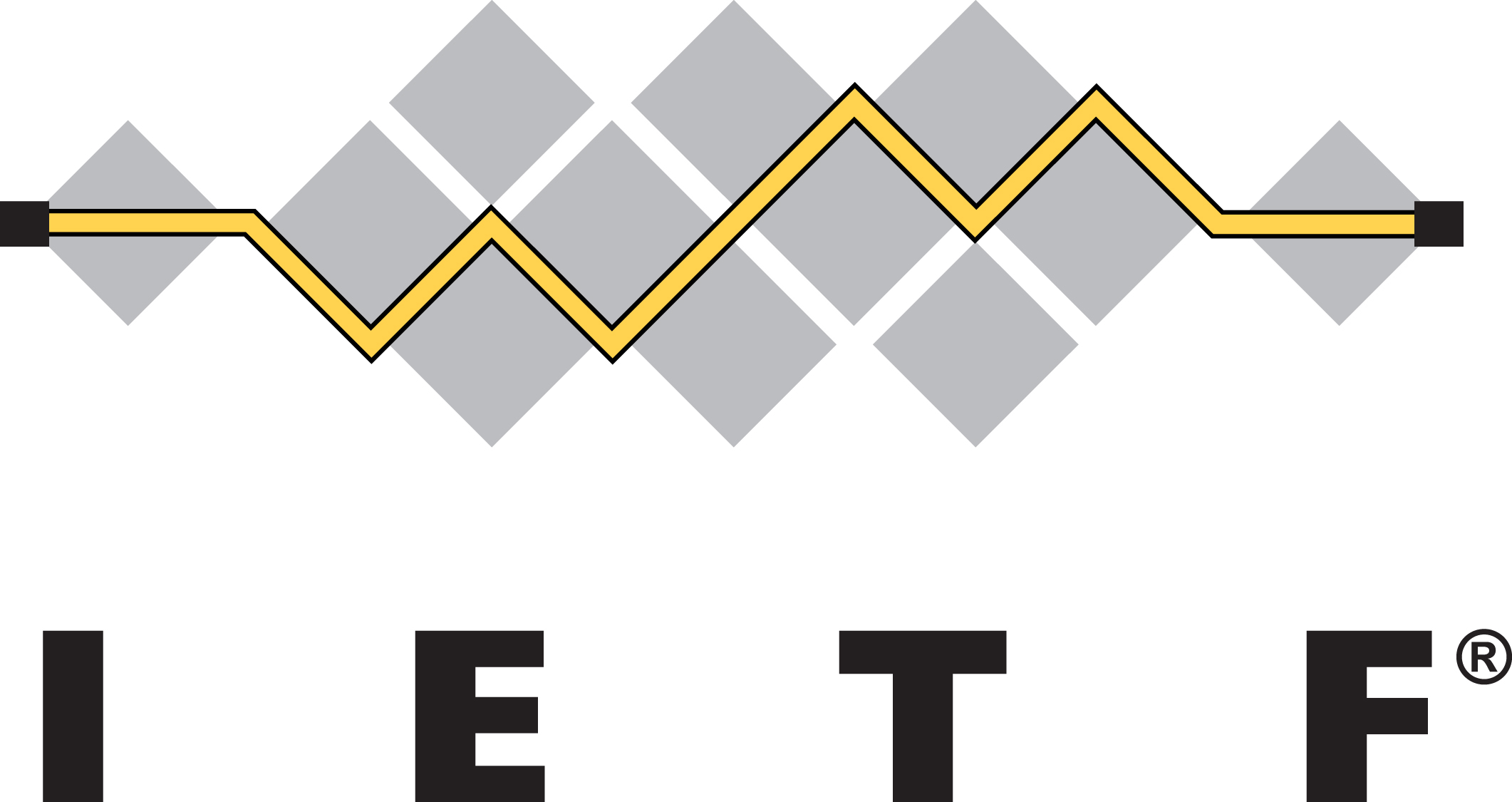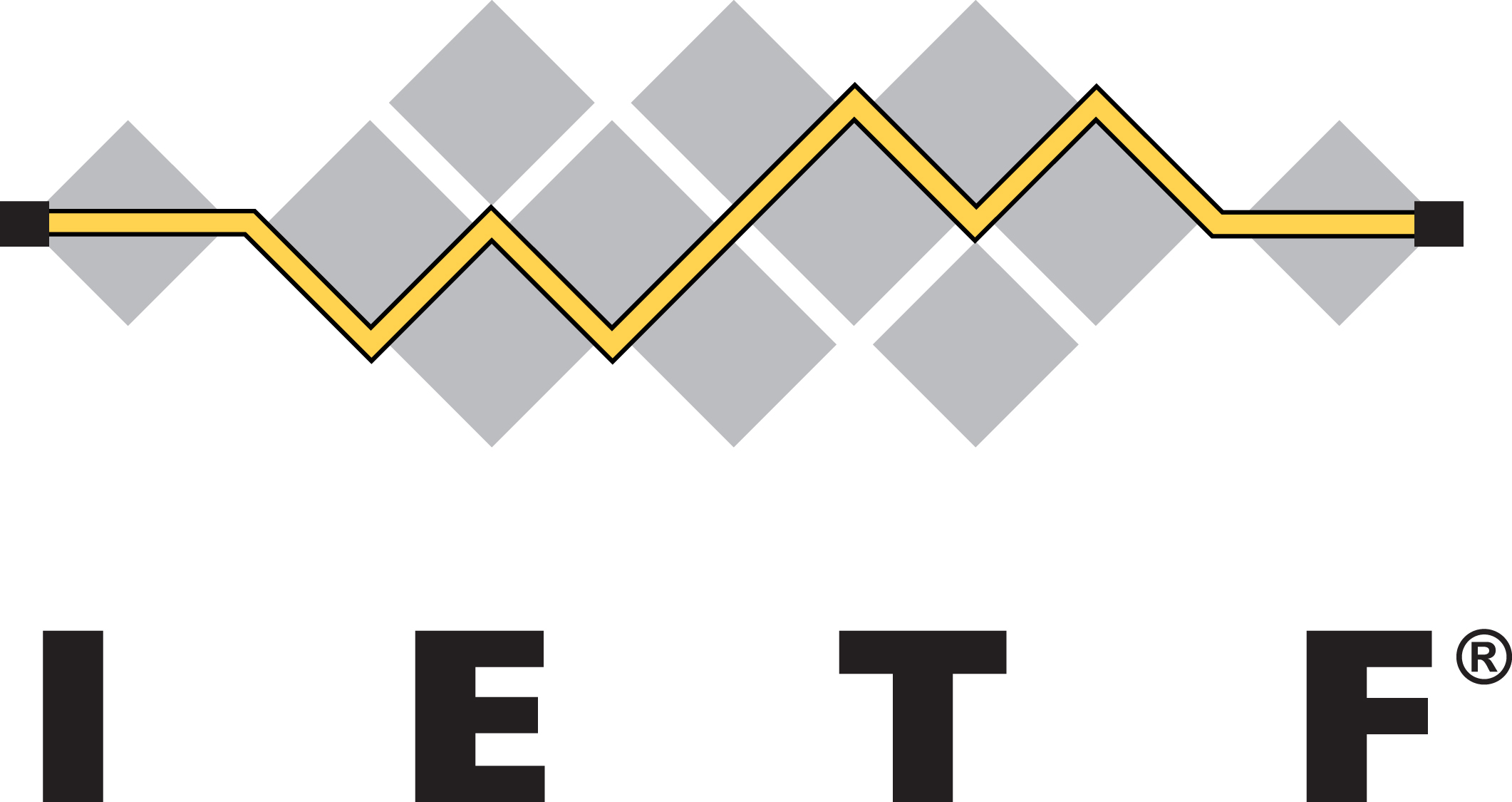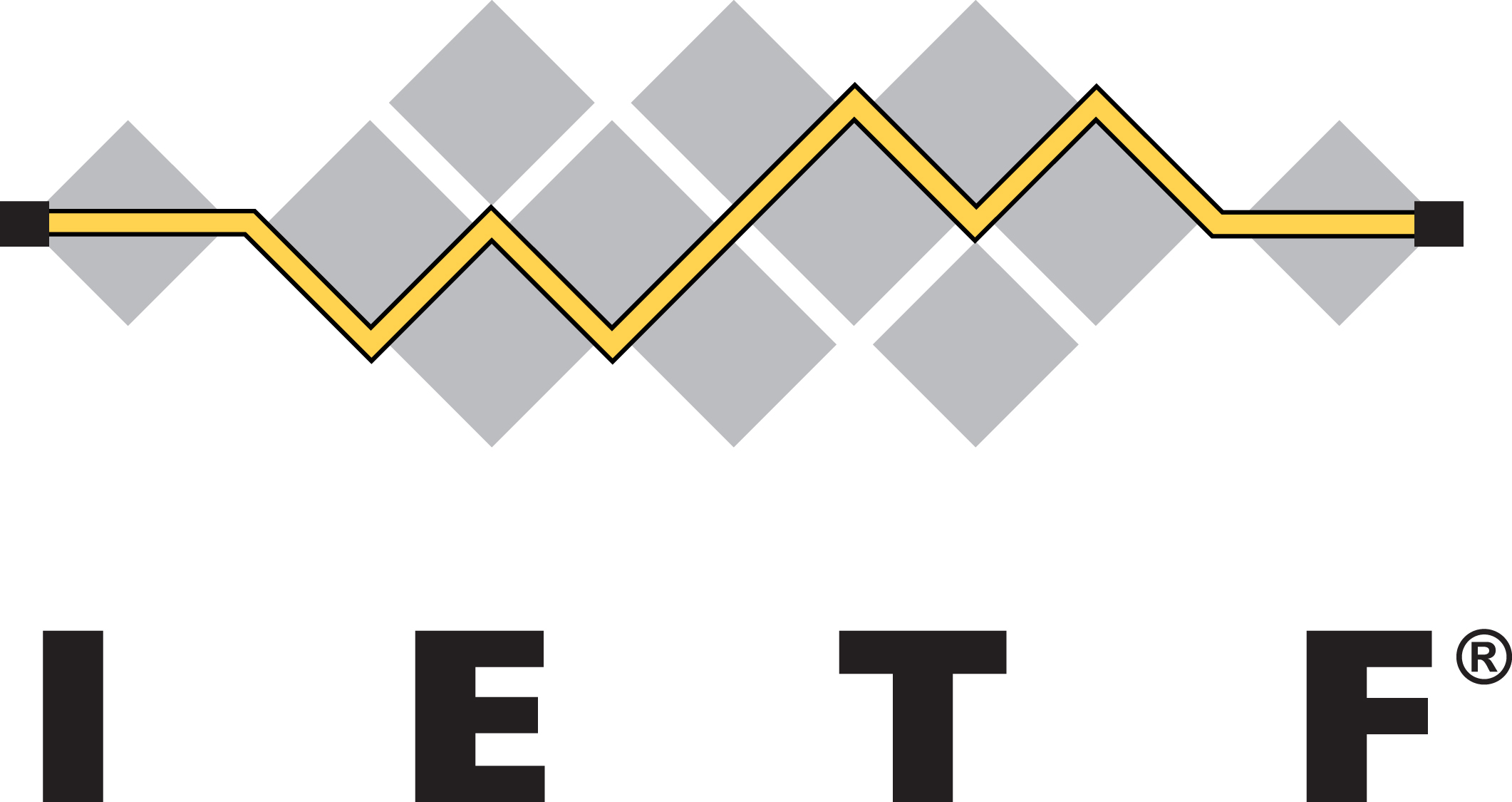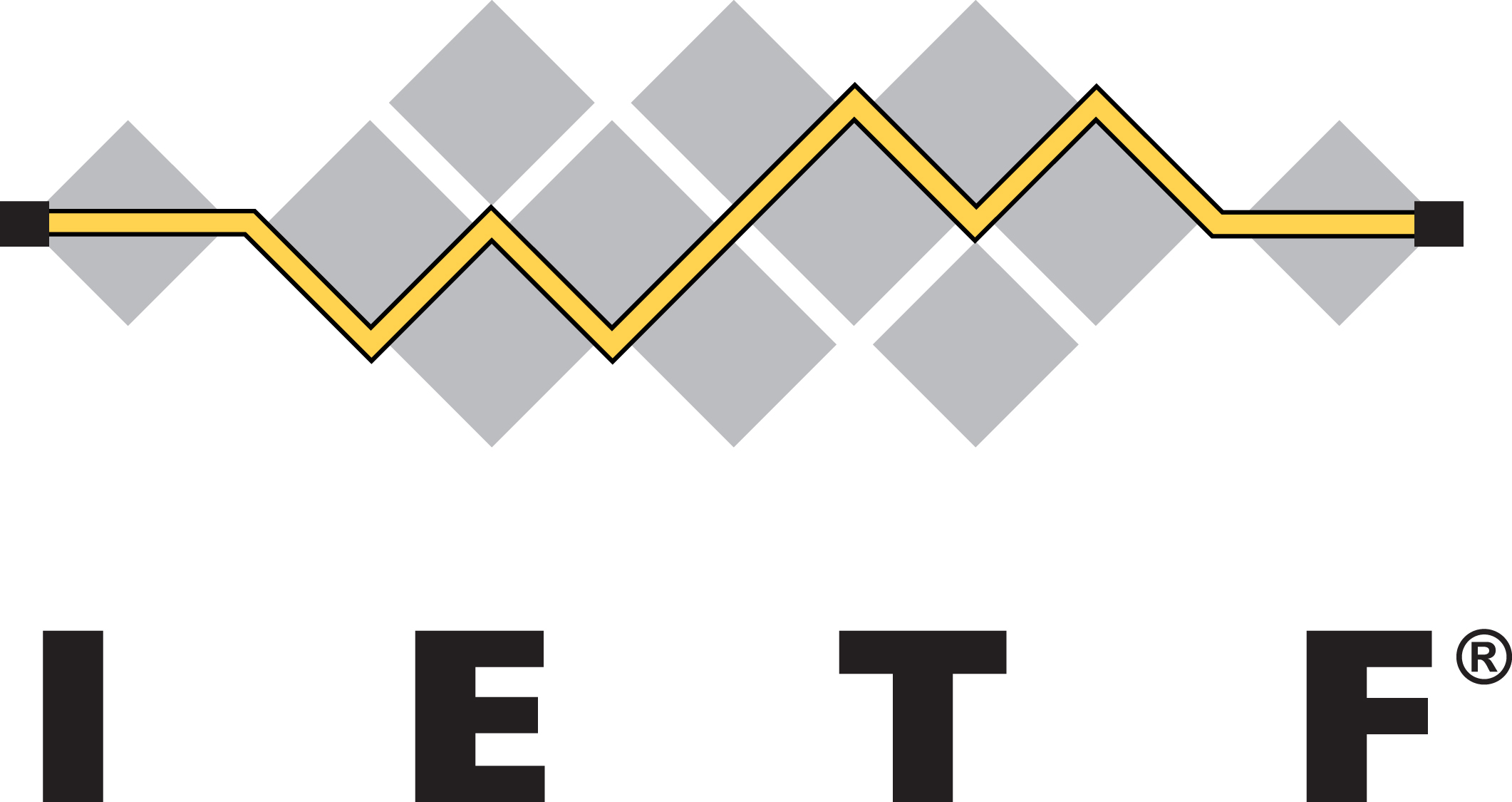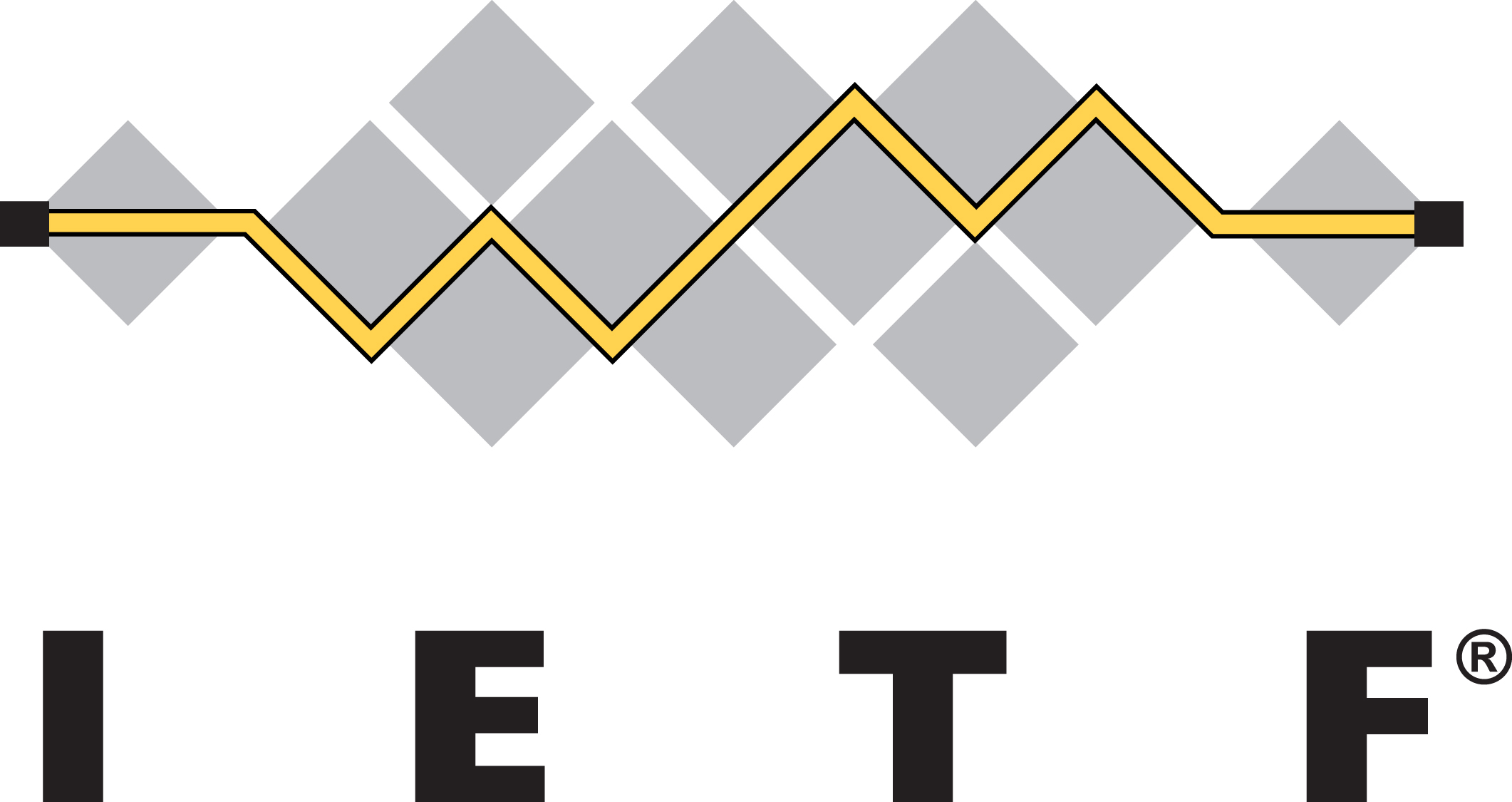OASIS PKCS 11 TC
The OASIS PKCS 11 Technical Committee develops enhancements to improve the PKCS #11 standard for ease of use in code libraries, open source applications, wrappers, and enterprise/COTS products: implementation guidelines, usage tutorials, test scenarios and test suites, interoperability testing, coordination of functional testing, development of conformance profiles, and providing reference implementations.
The updated standard provides additional support for mobile and cloud computing use cases: for distributed/federated applications involving key management functions (key generation, distribution, translation, escrow, re-keying); session-based models; virtual devices and virtual keystores; evolving wireless/sensor applications using near field communication (NFC), RFID, Bluetooth, and Wi-Fi.
TC members are also designing new mechanisms for API instrumentation, suitable for use in prototyping, profiling, and testing in resource-constrained application environments. These updates enable support for easy integration of PKCS #11 with other cryptographic key management system (CKMS) standards, including a broader range of cryptographic algorithms and CKMS cryptographic service models.




